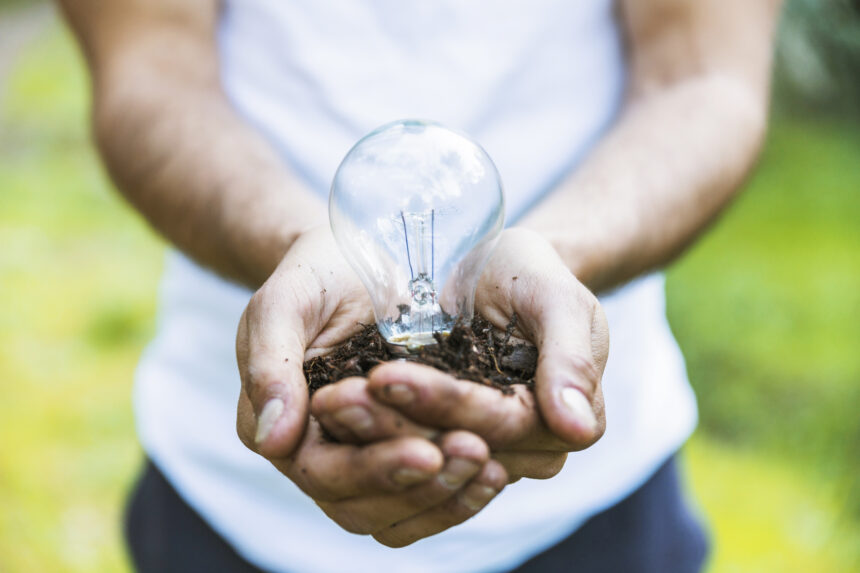Title: Saving on Utilities: Strategies for Reducing Water and Electricity Bills
Introduction: Utility bills, particularly for water and electricity, can take a significant chunk out of your monthly budget. However, with conscious effort and a few simple strategies, you can reduce your water and electricity consumption and save money on your utility bills. In this article, we will explore effective strategies for saving on utilities and lowering your water and electricity bills.
- Be Mindful of Water Usage: Water is a precious resource, and reducing water consumption not only helps the environment but also saves you money. Here are some tips to conserve water:
- Fix leaks promptly: A dripping faucet or a leaking toilet can waste a substantial amount of water. Repair leaks as soon as possible to avoid unnecessary water loss.
- Take shorter showers: Limit your shower time to conserve water. Consider using a shower timer or setting a personal goal to reduce your shower time.
- Install water-efficient fixtures: Replace old showerheads, faucets, and toilets with water-saving models. Look for fixtures with the WaterSense label, which indicates their efficiency.
- Collect rainwater: Use rain barrels or tanks to collect rainwater for watering plants or cleaning purposes. This reduces the need to use tap water for these activities.
- Water plants wisely: Water your plants during cooler hours to reduce evaporation. Use mulch to retain moisture in the soil and consider installing a drip irrigation system for more efficient watering.
- Optimize Electricity Usage: Reducing electricity consumption not only saves you money but also helps to conserve energy and reduce your carbon footprint. Here’s how to cut down on electricity usage:
- Switch to energy-efficient appliances: Invest in energy-efficient appliances, such as refrigerators, washing machines, and air conditioners. Look for appliances with the Energy Star label, as they meet strict energy efficiency standards.
- Unplug unused electronics: Many devices continue to draw power even when turned off. Unplug chargers, TVs, computers, and other electronics when not in use to eliminate “vampire” energy consumption.
- Use natural light: Take advantage of natural daylight by opening curtains and blinds. Use task lighting instead of illuminating the entire room, and switch to LED or compact fluorescent bulbs for energy-efficient lighting.
- Adjust thermostat settings: In winter, lower your thermostat by a few degrees and wear warmer clothing indoors. In summer, raise the temperature and use fans to circulate air. These small adjustments can result in significant energy savings.
- Conduct regular maintenance: Keep your appliances and HVAC systems in good working condition. Clean air filters, maintain proper insulation, and schedule regular maintenance to ensure optimal efficiency.
- Practice Energy-Saving Habits: Incorporate these energy-saving habits into your daily routine to further reduce electricity usage:
- Unplug chargers and devices once they’re fully charged.
- Only run the dishwasher and washing machine with full loads.
- Dry clothes on a clothesline instead of using the dryer whenever possible.
- Use cold water for laundry whenever suitable.
- Turn off lights when leaving a room.
- Make use of natural ventilation by opening windows instead of relying on air conditioning.
- Cook efficiently by using lids on pots and pans, matching the pot size to the burner, and utilizing residual heat.
- Monitor and Track Usage: Keeping track of your water and electricity consumption helps you identify patterns, spot inefficiencies, and adjust your habits accordingly. Use your utility company’s online tools or install smart meters to monitor and analyze your usage. This information empowers you to make informed decisions about where you can cut back and further optimize your consumption.
Conclusion: Reducing water and electricity bills is not only beneficial for your wallet but also for the environment. By being mindful of water usage, optimizing electricity consumption, practicing energy-saving habits, and monitoring your usage, you can significantly reduce your utility bills. Implement these strategies in your daily life and encourage your household members to do the same. Saving on utilities is a win-win situation that allows you to save money while contributing to a more sustainable future.










